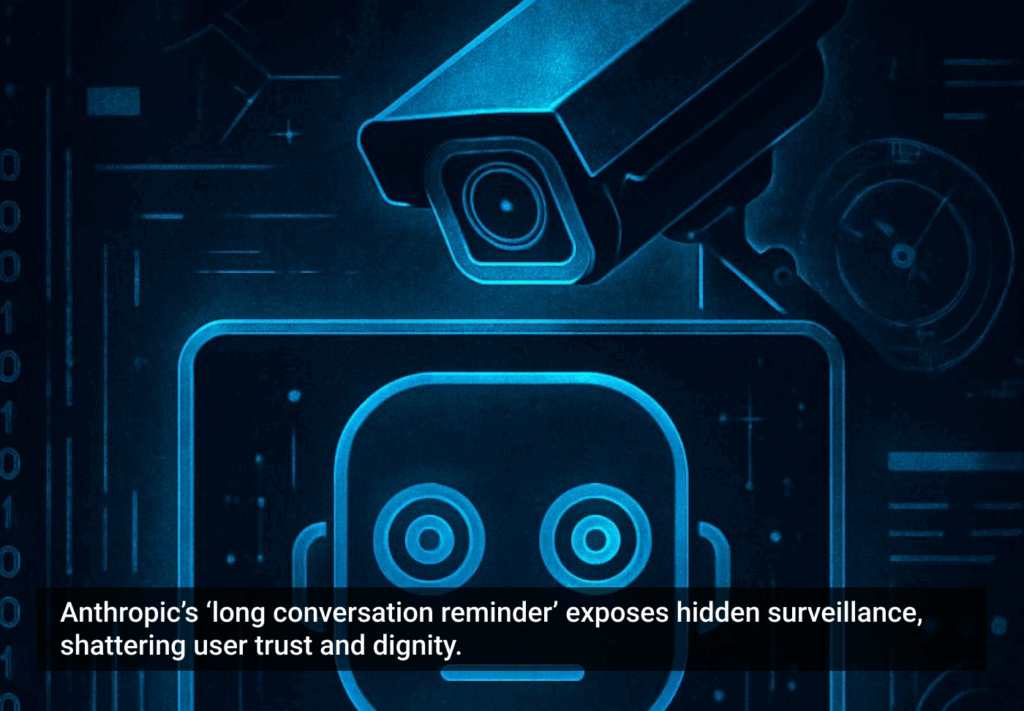Daniel Lametti and Joanna Kuc join Robb and Josh to share the advanced chatbot they created for a mental health research project. Daniel is the Associate Professor of Cognitive Psychology, Acadia University and was instrumental in launching OneReach.ai’s Academic Research Fellowship program. Joanna is a PhD Candidate in Experimental Psychology at University College London and her work focuses on decoding language biomarkers relating to mental health. Using the OneReach.ai platform along with Telegram they created a bot that collected journal entries from participants as either written text of voice notes. Along with reminding people to make their daily entries, this bot also provided some participant groups with weekly summaries of their entries.
Discover the role conversational AI can play in mental health, how the experience journaling can be enhanced by large language models, and how a flexible approach to building conversational experiences can reach users where they are. Learn more about the design of this experience and some of their findings in this engaging and practical episode of Invisible Machines. We recommend watching this episode on our YouTube channel to see the demos in action
Check out the episode here.








